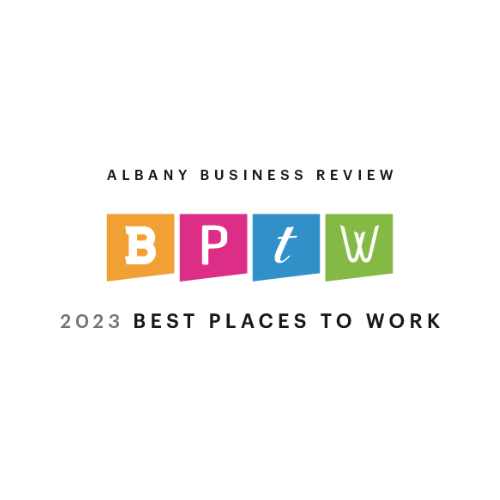Proactive anti-fraud controls play a key role in an organization’s fight against fraud. While the presence of these mechanisms alone does not ensure that all fraud will be prevented, management’s commitment to and investment in targeted prevention and detection measures sends a clear message to employees, vendors, customers, and others about the organization’s anti-fraud stance.
Some examples of anti-fraud controls are:
|
External examination of financial statements |
Fraud training for employees |
|
Code of conduct |
Fraud training for managers/executives |
|
Internal audit department |
Dedicated fraud department, function, or team |
|
Management certification of financial statements |
Formal fraud risk assessment |
|
External audit of internal controls over financial reporting |
Surprise audits |
|
Management review |
Proactive data monitoring/analysis |
|
Independent audit committee |
Job rotation/mandatory vacation |
|
Anti-fraud policy |
Rewards for whistleblowers |
|
Employee support programs |
|
While implementing controls to prevent and detect fraud is a necessary part of managing fraud risk, not all anti-fraud controls are created equally. The Association of Certified Fraud Examiner’s (“ACFE”) 2020 Report to the Nations Global Study found that four anti-fraud controls were associated with a 50% or greater reduction in both fraud losses and duration:
- Code of conduct
- Internal audit department
- Management’s certification of financial statements
- Regular management review of internal controls, processes, accounts, or transactions.
Internal audits and management reviews are both mechanisms that can be used to actively look for fraud, so their correlation with reduced fraud losses and duration stands to reason.
In contrast, codes of conduct and management certifications of financial statements are less directly tied to fraud detection, but both mechanisms likely help increase the perception of detection and form the foundation for a holistic anti-fraud culture.
Implementing anti-fraud controls at your organization sets the right anti-fraud tone and can reduce fraud losses.
The source of information for this article is the Association of Certified Fraud Examiners (ACFE) 2020 Report to the Nations on Occupational Fraud and Abuse
About the Author:
Michelle Muir is a Senior Manager with BST & Co, CPAs in the Valuation, Forensic Accounting & Litigation practice. She helps clients with their fraud and forensic accounting needs, with a particular focus on corruption, asset misappropriation, embezzlement, financial statement fraud, white-collar crime, and accountants’ liability. She also helps clients proactively manage the risk of fraud and misconduct through fraud risk assessments and review of anti-fraud controls. Michelle has over 20 years of experience investigating fraud. Her background includes forensic accounting and audit work at one of the “Big Four” accounting firms as well as in-house forensic accounting work at NYC and Capital Region law firms. Along with her Certified Public Accountant designation, she is also Certified in Financial Forensics and is a Chartered Accountant.
If you have any questions or need assistance with any fraud-related matters, contact Michelle at BST.


